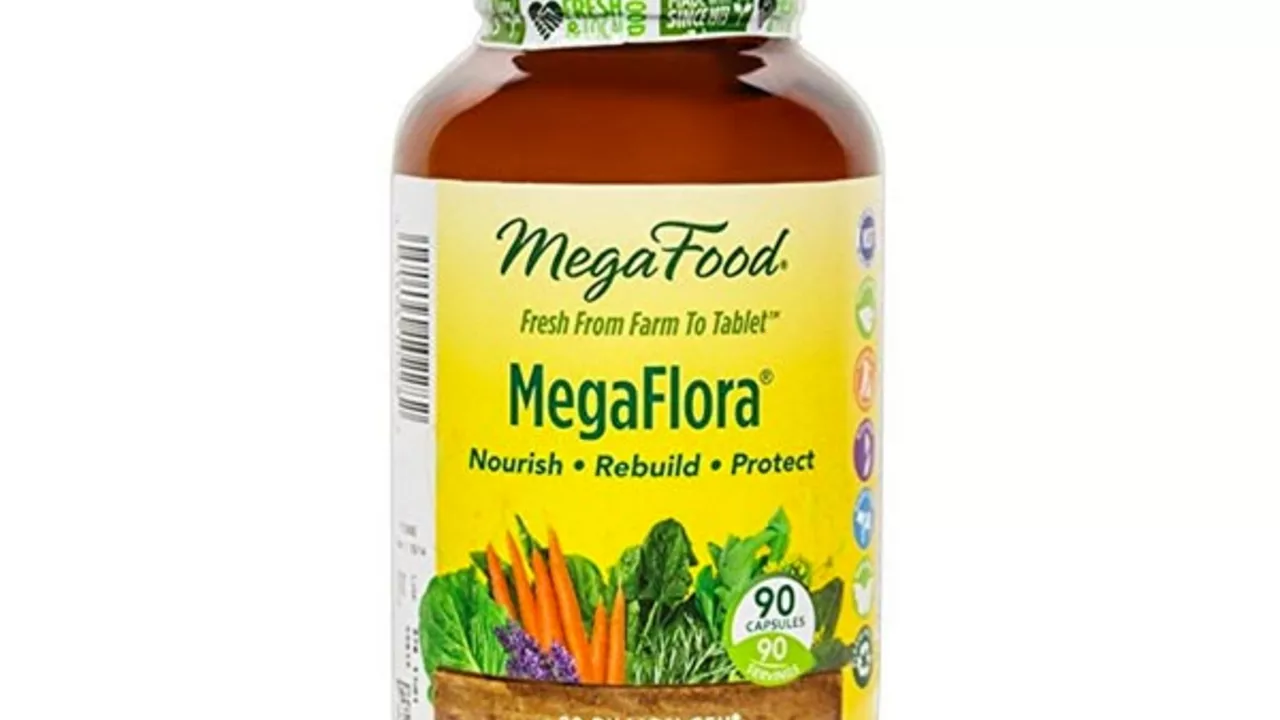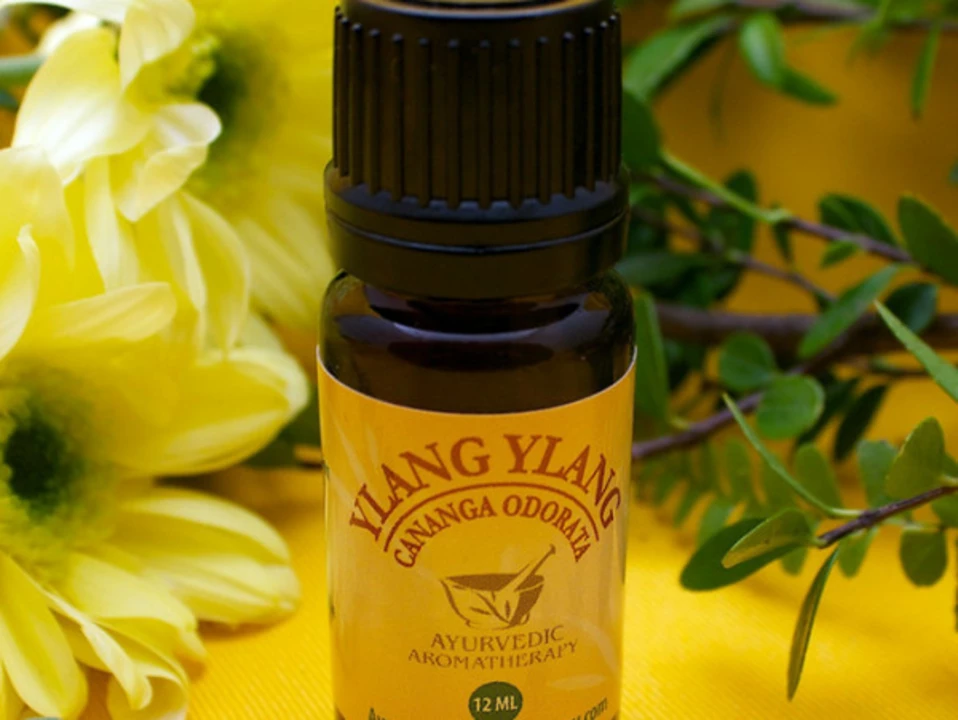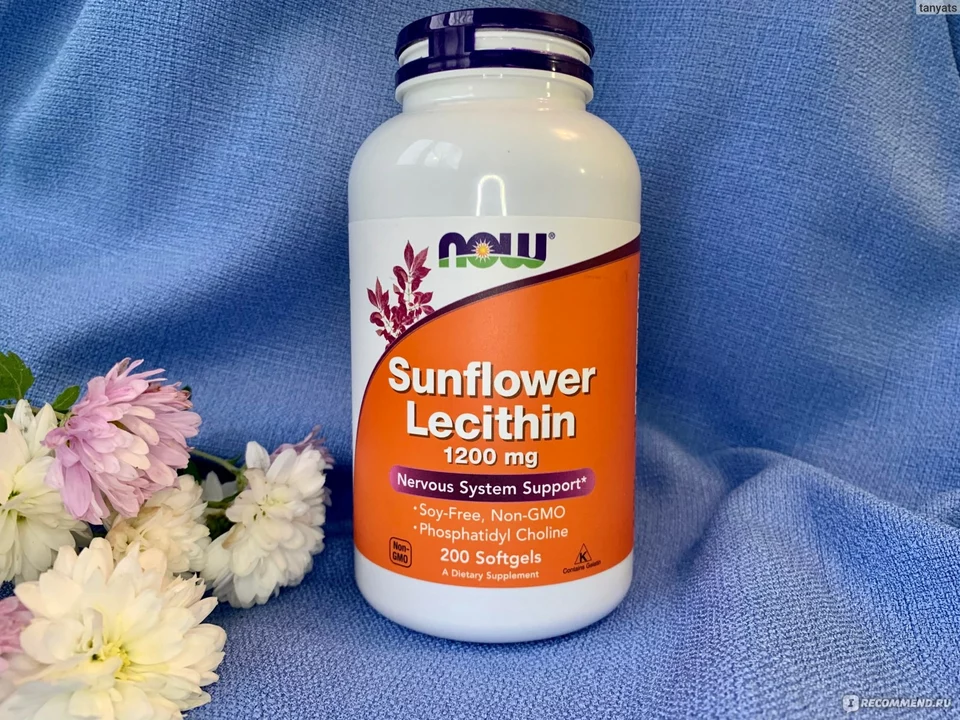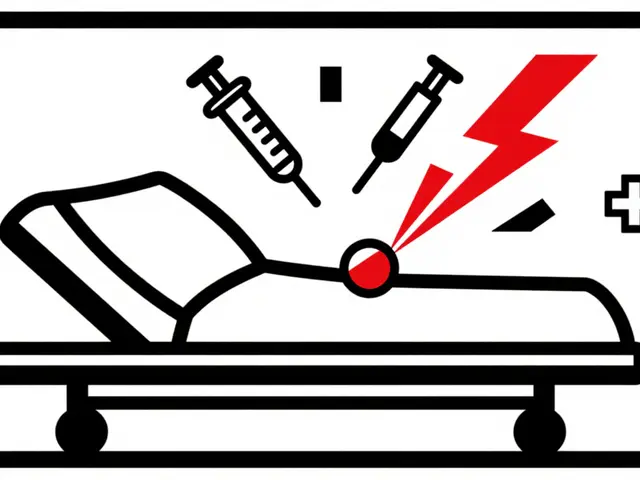Dietary Supplement Guide – Simple Tips for Safe Use
If you’ve ever wondered whether that new capsule will actually help, you’re not alone. People turn to dietary supplements for everything from joint comfort to a quick energy boost, but the market is crowded and sometimes confusing. Let’s break down what a supplement really is, how to spot quality, and which popular options are worth a closer look.
What Counts as a Dietary Supplement?
A dietary supplement includes vitamins, minerals, herbs, amino acids, or any combination that adds nutrients to your everyday diet. They’re not medicines, so they don’t need the same rigorous approval process as prescription drugs. That doesn’t mean you can ignore safety – it just means the responsibility falls more on you and the brand.
How to Pick a Safe and Effective Product
First, read the label carefully. Look for the exact amount of each ingredient, not vague “proprietary blend” claims. Second, check if the product has been third‑party tested by groups like USP, NSF, or ConsumerLab. Those seals tell you an independent lab verified what’s inside.
Third, research the manufacturer. Companies that share a clear contact address, list batch numbers, and provide a safety data sheet are usually more trustworthy. Fourth, ask your doctor or pharmacist before adding anything new – especially if you’re on prescription meds. Some herbs can interact with blood thinners or antidepressants.
Finally, stay realistic about results. Supplements can support health, but they won’t replace a balanced diet or proper medical care.
Popular Picks and What the Evidence Says
Collagen Type II: Many athletes use it for joint comfort. Small studies suggest it may reduce knee pain, but larger trials are still needed. If you try it, look for hydrolyzed collagen that’s been tested for purity.
Scarlet Pimpernel (Anagallis arvensis): This herb has a buzz on some forums for “optimal health.” In Australia, the TGA hasn’t approved it as a therapeutic product, and safety data are limited. Stick to brands that disclose the exact plant part used and avoid high‑dose claims.
Water Fennel: Known for digestive support, water fennel is generally safe in food amounts. Supplements can provide higher doses, but watch for possible interactions with blood pressure meds.
These examples show the range: some have modest research backing, others are still mostly anecdotal. The key is to match your goal (e.g., joint health) with a supplement that has at least some credible data.
At RugietMen Pharma Solutions we compile the latest studies and safety alerts so you don’t have to hunt across dozens of sites. Our database lets you compare ingredient lists, see which products passed third‑party testing, and read plain‑language summaries of any side effects.
Bottom line: start with a clear health goal, verify the label, choose a reputable brand, and talk to a healthcare professional. Following these steps helps you get the most out of your supplement without unnecessary risk.














